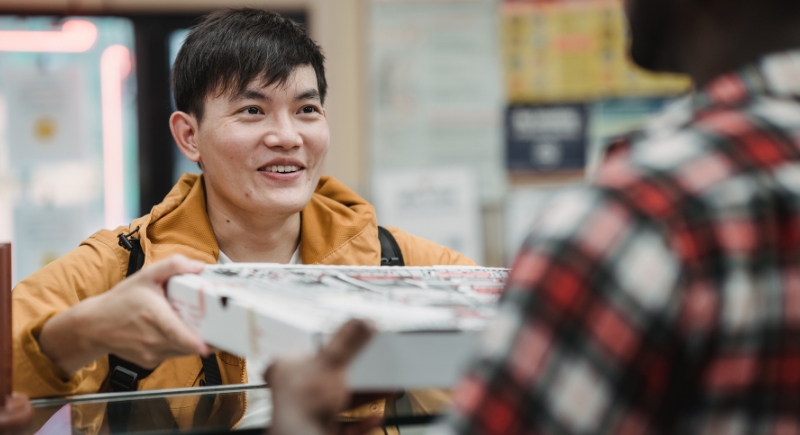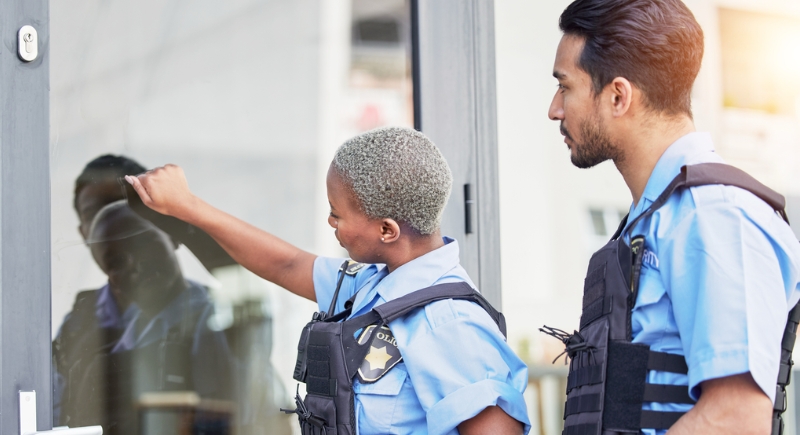A Pizza Shop Called for a Welfare Check on a Customer, and It Was for a Good Reason
There was a customer who placed the same pizza order every week, so often that the staff came to expect it. When that routine suddenly stopped, it caught their attention. Instead of ignoring it, the shop decided to call and see if he was okay.
That simple decision showed why welfare checks matter. These moments, when concern replaces silence, can reassure someone who feels isolated or even save a life when circumstances are more serious.
How the Pizza Shop Noticed Something Different

Image via Pexels/Mike Jones
The customer explained that their regular order had become a weekly ritual after moving into a new apartment. A slice and soda were simple, affordable, and predictable, and the routine soon made them recognizable to staff. When the orders stopped, the lack of contact was noticeable to the staff. But the owners did not see the missing order as lost business. Instead, they wanted to confirm that the person was doing alright.
The customer admitted surprise when the pizza shop called because they had not expected a business to ask about their health or safety. At first, the thought of a restaurant checking in felt unusual, but the context made it clear that it came from concern.
The customer explained they had reduced spending due to rising costs and wanted to cut calories for personal health reasons. For someone without a large family network, the reassurance that others noticed and cared about their absence gave the customer an unexpected sense of connection during an ordinary week.
Why Welfare Checks Matter in Daily Life
The idea of a welfare check is not limited to police action. At its heart, it means checking on someone’s safety when absence or silence seems unusual. Police typically respond when friends, neighbors, or relatives express concern, but everyday businesses can play a similar role by noticing changes in routine. Officers may knock, ask questions, and enter if they suspect immediate danger. That flexibility allows medical help to reach someone unable to ask for it.
Communities now also use crisis response teams trained to handle mental health concerns with less risk. These checks can feel invasive, but they often prevent tragedies. In various stories shared online, awareness from individuals and small businesses showed how local connections can perform the same function, sometimes saving lives or simply reassuring someone they are not invisible.
How to Request a Welfare Check Through Authorities

Image via iStockphoto/Jacob Wackerhausen
If you feel concerned about someone’s well-being, the first step is to pay attention to what seems unusual. A sudden break in routine, silence after regular contact, or signs of health struggles can all be reasons to act.
Reaching out directly is sometimes enough, but if you cannot reach the person or you believe they may be in danger, you can contact the local authorities.
Police departments conduct welfare checks by visiting the person’s home to make sure they are secure. For emergencies, dialing 911 is the quickest option. But in case of serious concerns that do not appear urgent, use the non-emergency number of the local police department.
Be prepared to share the person’s name, address, health conditions, and any details that might help responders.